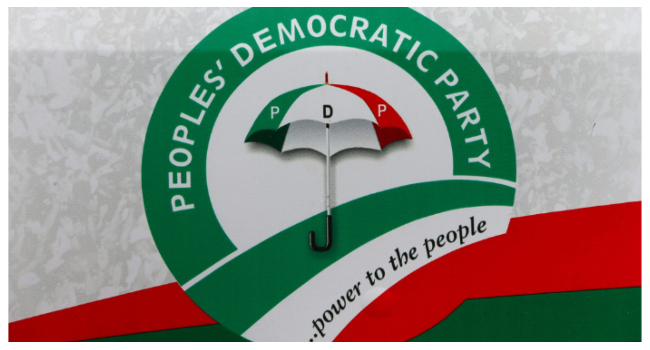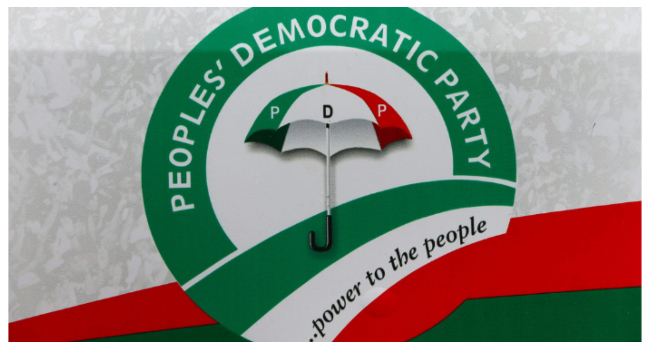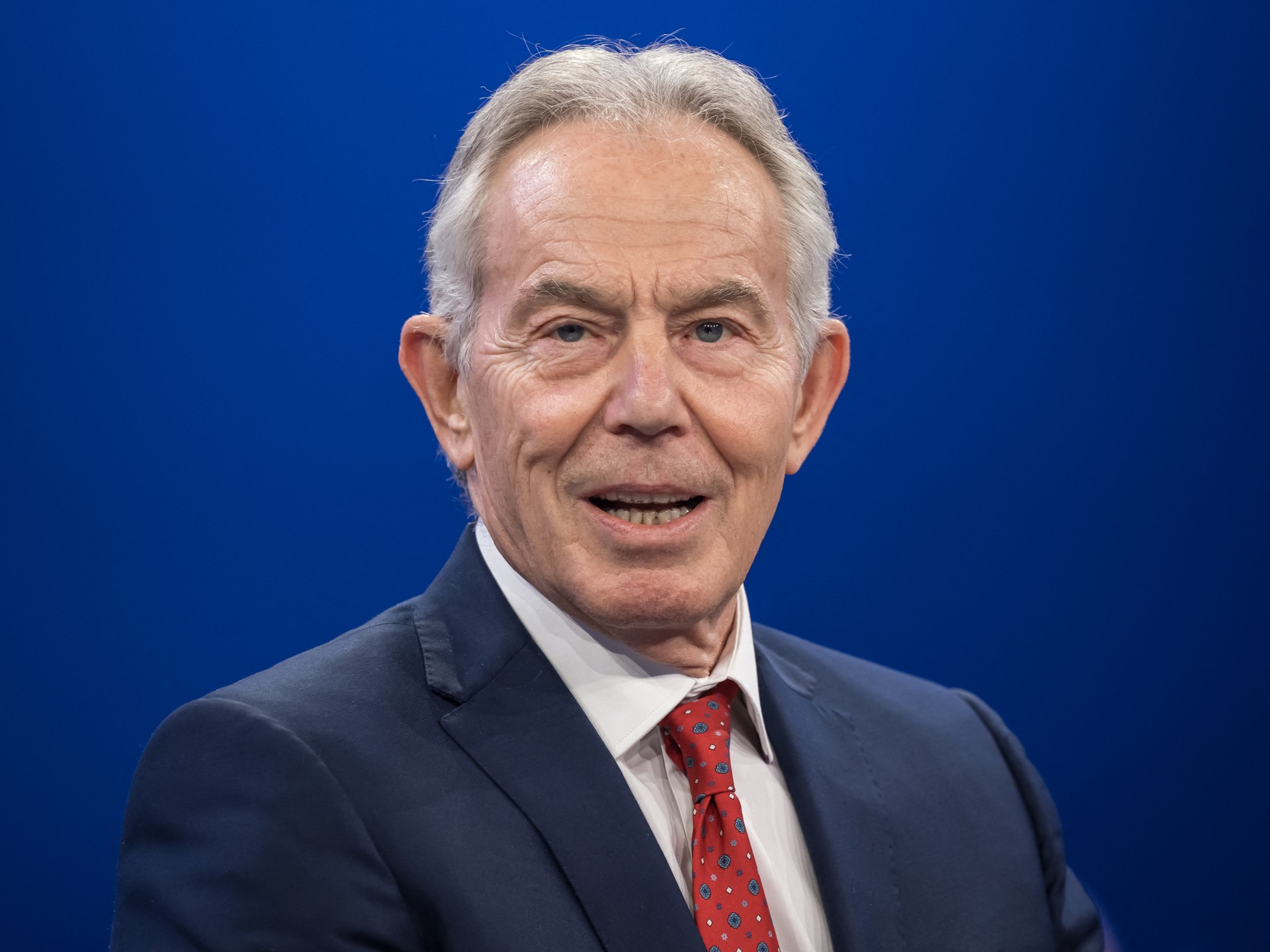What is the life of the British actor Gary Oldman like when he isn’t on screen? Gary Oldman has appeared in a number of well-known movies.
Sir Gary Oldman, the Oscar-winning actor, has been knighted at Windsor Castle for his contributions to drama. He is most recently known for his role as MI5 agent Jackson Lamb in Apple TV’s Slow Horses.
The versatile actor is adored for his wide range of roles, including Sirius Black in the Harry Potter films and James Gordon in The Dark Knight trilogy.
His father, former sailor Leonard Oldman, was born in New Cross, London. The actor has previously talked about his difficult childhood following the death of his father.
He revealed that Oldman’s father, who was alcoholic, left the family when he was just seven years old. He had already started drinking himself before he became a famous actor and was well-known worldwide.
His older sister, Maureen, also known as Laila Morse, is an actress. She starred in Oldman’s directorial debut Nil by Mouth in 1997, before landing her most well-known role as Mo Harris in EastEnders, reports the Manchester Evening News.
READ MORE: Prince William’s brutal remark to Gary Oldman as he handed him his knighthood revealedREAD MORE: Slow Horses season 5 release date, cast, trailer, plot and everything you need to know
After being inspired by Malcolm McDowell’s performance in the movie The Raging Moon, Oldman decided to pursue an acting career.
He took a variety of jobs while he was a student at the Young People’s Theatre in Greenwich, from beheading pigs in an abattoir to working as a porter in an operating room.
He received a scholarship to attend Rose Bruford College and received an acting degree despite initially being turned down by RADA (Royal Academy of Dramatic Art).
The actor has a talent for film and music, and he even offers bass guitar lessons to Daniel Radcliffe from Harry Potter.
He also enjoys writing, and he signed a contract with Blood Riders, a vampire novel series, in 2015.
In terms of his personal life, he relocated to Los Angeles in the early 1990s after establishing a successful acting career.
He voluntarily entered rehab in 1994, and during this period he gained notoriety for his struggles with alcohol.
Since 1997, he has maintained his sobriety and has publicly thanked Alcoholics Anonymous for their assistance throughout his recovery.
In terms of romantic relationships, Oldman has five marriages, the first of which was in 1987, with English actress Lesley Manville.
The couple split when their son Alfie was just three months old, but they kept things friendly until he was three months old.
In 1990, Oldman and Uma Thurman wed, but they divorced in 1992.
He and his co-star in Immortal Beloved, Isabella Rossellini, were engaged to each other from 1994 to 1996, but they never got married.
The couple had two sons, Gulliver and Charlie, when Oldman wed American model Donya Fiorentino in 1997. After a turbulent relationship, their marriage ended in divorce in 2001.
He wed English singer and actress Alexandra Edenborough in 2008, but she divorced in 2015.






